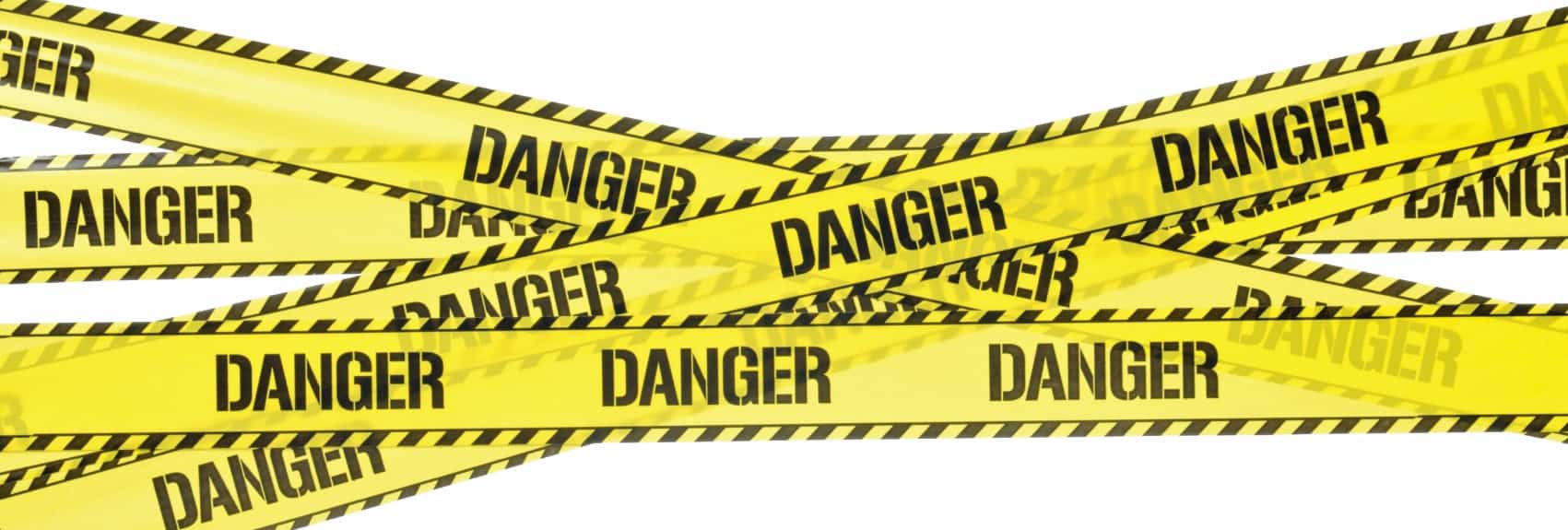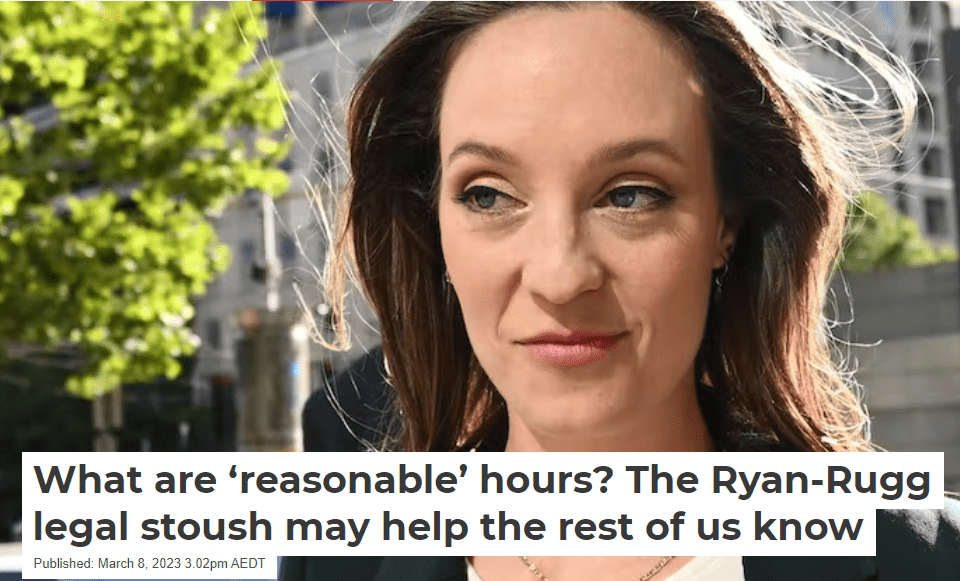On March 8, 2023, Giuseppe Carabetta, Associate Professor, University of Technology Sydney, wrote about how the current dispute between Politician Monique Ryan and her former Chief of Staff, Sally Rugg, could open the door to lots of legal action through the courts and the Fair Work Commission. Sadly occupational health and safety (OHS) does not feature, but let’s look at the industrial relations context first and consider what is meant by “reasonable”.
Category: Kevin Rudd
The forgotten Royal Commission
Australia conducted a
HIP Royal Commission – Leadership and Culture
The findings of the Royal Commission into the Home Insulation Program (HIP) deserve a great deal of analysis by the safety profession. Amongst the lessons are important ones concerning leadership, culture and consultation.
The final report identifies major deficiencies in the design and administration of a major project regardless of the politics and jurisdictional argy-bargy. Although many are disappointed the report did not identify any big name politicians as the major evildoer, Commissioner Ian Hanger is brutally forthright when necessary.
In the introduction of the report, there are several references to what a “competent administration” would have done, clearly implying that the government of then Prime Minister, Kevin Rudd, was incompetent in the management of HIP. In fact Hanger writes:
“It ought also to have been obvious to any competent administration that the injection of a large amount of money into an industry that was largely ‘unregulated’ would carry with it the risk of rorting and other unscrupulous behaviour.” (para 1.1.19)
“It ought to have been obvious, to any competent administration, that such an exponential increase in work to be undertaken would require a similarly huge increase in the workforce to do it.” (1.1.9)
“The reality is that the Australian Government conceived of, devised, designed and implemented a program that enabled very large numbers of inexperienced workers—often engaged by unscrupulous and avaricious employers or head contractors, who were themselves inexperienced in insulation installation—to undertake potentially dangerous work. It should have done more to protect them.” (1.11.18)
Ministerial responsibility in finance but not in workplace safety
Ministerial responsibility seems to be advantageous in financial policies but irrelevant to workplace safety going by actions by Australia’s political leaders. This week former senior (Labor) parliamentarians, Mark Arbib, Peter Garrett, Greg Combet and Kevin Rudd, will be fronting the Royal Commission into Home Insulation to explain their lack of due diligence on workplace safety matters. This is only a week after the Federal (Liberal) Government released a Commission of Audit report that promoted ministerial responsibility.
The popular perspective is that these ministerial decision-makers will be held to account for the deaths of four young workers but this is unlikely to occur because State occupational health and safety (OHS) laws establish a direct OHS relationship between employers and employees and the senior politicians did not employ anyone who was installing home insulation. The argument at the Royal Commission mirrors the chain of responsibility concept except that in work health and safety (WHS) legislation, government ministers are not covered by the definition of ‘officer’ and therefore have less OHS/WHS responsibility that anyone heading up a company or organisation.
Labour lawyer
Lessons from Royal Commission into Home Insulation Program
Australia’s Royal Commission into the Home Insulation Program (HIP) demands the attention of all occupational health and safety (OHS) professionals, primarily, because a job creation and economic stimulus program was so poorly planned at the highest level of government, that it seems to have established a culture that led to workplace deaths. However the Royal Commission is already revealing information that shows how OHS is misunderstood by decision-makers, a situation that still persists in many jurisdictions and will only change by watching the Royal Commission carefully and analysing this information through the perspective of workplace safety.
State of Knowledge
The Royal Commission has been investigating when the workplace deaths in New Zealand from using metal staples with foil insulation were known by the Australian Government. In OHS-speak, it is trying to determine the state of knowledge on this workplace hazard in the decision-making process. The deaths of four young Australian workers prove that the state of knowledge was inadequate however it is well established that Australia and New Zealand operate independently and that, although there are legislative similarities, it is rare for a death in one country to generate regulatory change in another. (One could look to the quad bike safety issues for an additional example.) The recent legislative changes in New Zealand may indicate that they listen to Australia more than vice versa.
Prediction on accountability and a political kick in the balls
 There will be two areas of occupational health and safety attention in the early months of 2014 in Australia – workplace bullying laws and the Royal Commission into Home Insulation Program. The labour law firms are gearing up for a “bumper year” as one said prior to Christmas and the business groups are already lobbying/complaining/whingeing about the workplace bullying laws administered by the Fair Work Commission. However the Royal Commission has the potential for the biggest social and ideological impact so, as the new year begins, I will attempt some predictions of the Royal Commission’s findings based around some of the terms of reference.
There will be two areas of occupational health and safety attention in the early months of 2014 in Australia – workplace bullying laws and the Royal Commission into Home Insulation Program. The labour law firms are gearing up for a “bumper year” as one said prior to Christmas and the business groups are already lobbying/complaining/whingeing about the workplace bullying laws administered by the Fair Work Commission. However the Royal Commission has the potential for the biggest social and ideological impact so, as the new year begins, I will attempt some predictions of the Royal Commission’s findings based around some of the terms of reference.
Substantial Change
‘the processes by which the Australian Government made decisions about the establishment and implementation of the Program, and the bases of those decisions, including how workplace health and safety and other risks relating to the Program were identified, assessed and managed;’
This paragraph is the one that could have the most long-term effect on governance, due diligence and procurement. There are many suggestions on these issues in the sphere of project management but trying to keep the discussion in OHS, there are some useful comments on the Government procurement of services. Australia’s Federal Safety Commission acknowledges that procurement is an important stage in project design. WorkSafe Victoria’s “handbook for the public sector – health and safety in construction procurement” says
“As procurers, governments can promote better health and safety by requiring projects to include a range of safety measures, such as specifying the safety budget, building layout or the use of certain
The Australian Government targets former PM, Kevin Rudd, over insulation deaths
The investigation into workplace deaths associated with Australia’s Home Insulation Program (HIP) was refreshed yesterday with the publication of some of the terms of reference for a new Government inquiry into the program. The HIP deaths is an enormously politically charged issue in Australia and the politics, and associated media attention, could derail an inquiry that has the potential to provide important occupational health and safety, risk management and governance issues.
Greg Hunt, Environment Minister is quoted as saying that
“The Government is committed to a full inquiry into Kevin Rudd’s home insulation scheme that was linked to the tragic loss of four young lives,….”
According to the Courier-Mail newspaper on 27 October 2013 there will be ten elements in the terms of reference but only four are mentioned:
- The process and basis of government decisions while establishing the program, including risk assessment and risk management;
- Whether the death of the four men could have been avoided;
- What if any advice or undertakings given by the government to the industry were inaccurate or deficient, and;
- What steps the government should have taken to avoid the tragedies.
These four seem reasonable aims but this information has been leaked, the full terms of reference have not been released and a person to head the inquiry is yet to be announced.
 Continue reading “The Australian Government targets former PM, Kevin Rudd, over insulation deaths”
Continue reading “The Australian Government targets former PM, Kevin Rudd, over insulation deaths”

